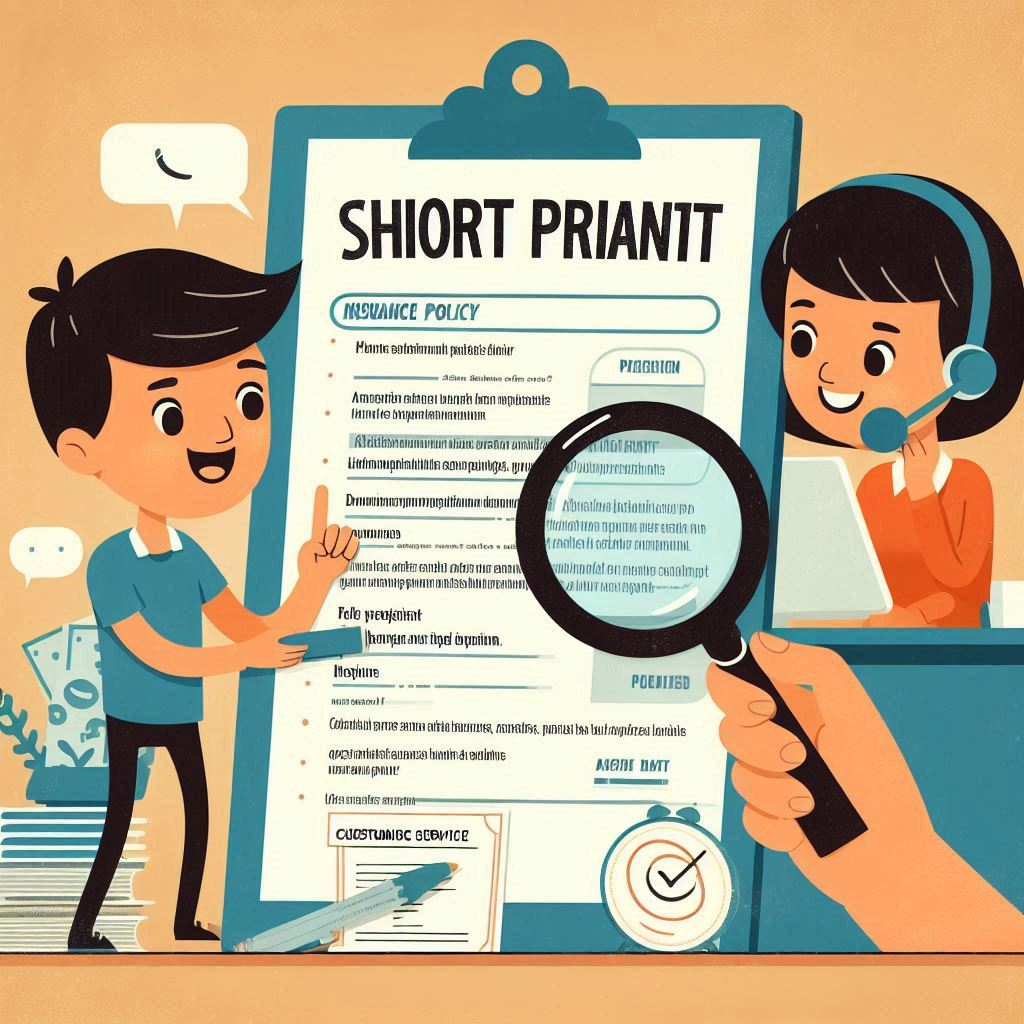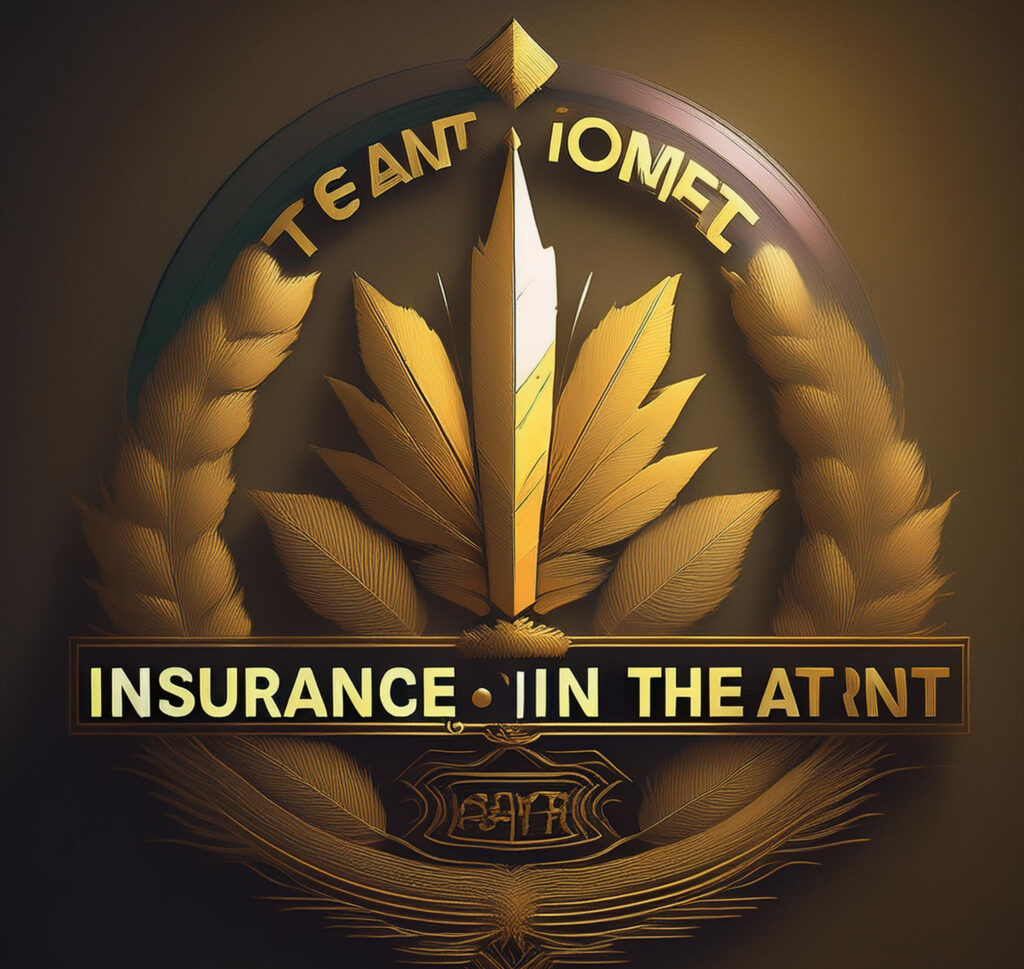Introduction to Insurance
What is Insurance?
In exchange for a premium, the insurer agrees to pay for specific financial losses you might incur due to unforeseen events. These events could include accidents, illnesses, natural disasters, or even death. Insurance helps mitigate the financial risk by sharing it with a larger group of people who have similar risks.
Why is Insurance Important?
Insurance is crucial because it provides a safety net, ensuring that unexpected expenses don’t devastate your financial stability. Whether it’s a car accident, a sudden illness, or damage to your home, insurance helps cover the costs that would otherwise be out of reach for many people. It gives peace of mind, knowing that you’re protected against financial loss.
Defining Short-Term Insurance
What is Short-Term Insurance?
Short-term insurance is a type of insurance that provides coverage for a limited period, typically ranging from a few months to a year. Unlike long-term insurance policies, which may last for several years or even decades, short-term insurance is designed to meet temporary coverage needs.

Key Differences Between Short-Term and Long-Term Insurance
The primary difference between short-term and long-term insurance lies in the duration of coverage. While long-term insurance policies are meant for extended periods, short-term insurance is ideal for those who need coverage for a short period, such as during a gap between jobs, a temporary move, or a short travel stint. Short-term insurance usually has lower premiums but also offers limited benefits compared to long-term plans.
Types of Short-Term Insurance
Health Insurance
Short-term health insurance is designed for people who need temporary medical coverage. It’s particularly useful for those between jobs, waiting for employer benefits to kick in, or needing coverage during open enrollment periods. This type of insurance often covers emergency care, hospitalization, and basic doctor visits.
Travel Insurance
Travel insurance is a common form of short-term insurance that covers travelers during trips. It typically includes protection against trip cancellations, lost luggage, medical emergencies, and other travel-related risks. This insurance is essential for anyone traveling abroad, ensuring they are protected against unforeseen circumstances.
Auto Insurance
Short-term auto insurance provides temporary car coverage, usually for a few days to a few months. It’s perfect for those who need to borrow a car, rent one, or need coverage for a short period without committing to a full year-long policy.
Property Insurance
This type of insurance offers temporary coverage for a property, such as a home or rental unit. It’s often used during transitions, like moving into a new house, or by those who rent out their property for short periods. It covers damages from natural disasters, theft, and other potential risks.

How Short-Term Insurance Works
Premiums and Coverage
The premium for short-term insurance is generally lower than that of long-term insurance because the coverage period is shorter. However, the extent of coverage might be more limited. For instance, a short-term health insurance plan might not cover pre-existing conditions or certain types of medical care.
Claim Process
Filing a claim with short-term insurance follows a similar process to long-term policies. You’ll need to submit a claim form, provide necessary documentation, and wait for the insurance company to process your request. The process can vary slightly depending on the type of insurance and the specific policy.
Benefits of Short-Term Insurance
Flexibility
One of the main advantages of short-term insurance is its flexibility. You can choose a plan that fits your needs for a specific period without committing to long-term contracts. This is ideal for those in transitional phases, such as moving, job changes, or temporary health coverage needs.
Affordability
Short-term insurance is often more affordable than long-term insurance. Because it covers a shorter period and usually offers limited benefits, the premiums are lower, making it accessible for those on a budget.
Temporary Coverage Needs
Whether you’re waiting for long-term insurance to start or need coverage for a specific event, short-term insurance fills the gap. It ensures you’re not left without protection during those critical times.
Drawbacks of Short-Term Insurance

Limited Coverage
While short-term insurance offers temporary protection, it often comes with limited coverage. This means it may not cover everything that a long-term policy would, such as pre-existing conditions or comprehensive benefits.
Higher Risk
Since short-term insurance is usually purchased for specific, temporary needs, there’s a higher risk of not being fully covered in all situations. If something happens outside the covered period, you might find yourself without the necessary protection.
Not Always Renewable
Some short-term insurance policies are not renewable. Once the term ends, you may need to find another policy, which can be inconvenient if your needs haven’t changed.
When to Consider Short-Term Insurance
Life Situations Requiring Short-Term Coverage
Short-term insurance is ideal for situations like temporary job changes, moving, studying abroad, or covering a gap between long-term insurance plans. It’s a great way to stay protected during periods of transition.
Assessing Your Needs
Before purchasing short-term insurance, it’s essential to assess your specific needs. Consider what coverage you require and for how long. This will help you choose the right policy without overpaying for unnecessary benefits.
How to Choose the Right Short-Term Insurance

Understanding Your Needs
Identify the exact coverage you need. Are you looking for health, travel, auto, or property insurance? Understanding your requirements will help narrow down the options.
Comparing Different Policies
Once you know what you need, compare different policies from various providers. Look at the coverage details, premiums, exclusions, and the reputation of the insurer. This comparison will help you make an informed decision.
Checking the Fine Print
Always read the fine print. Make sure you understand the terms and conditions, what is covered, and any exclusions that might apply. This will prevent surprises when you need to make a claim.
Common Myths About Short-Term Insurance
Myth 1: Short-Term Insurance is Expensive
Many believe short-term insurance is costly, but it’s often more affordable than long-term policies due to its limited duration and coverage.
Myth 2: It’s Only for Emergencies
Short-term insurance isn’t just for emergencies. It can be used for planned events, like travel, moving, or temporary job changes, offering peace of mind during these times.
Myth 3: Short-Term Insurance Isn’t Reliable
While it may have limited coverage, short-term insurance is reliable for what it’s designed to do—providing temporary protection. As long as you understand what it covers, it can be a dependable option.
Tips for Managing Short-Term Insurance

Regularly Reviewing Your Policy
Review your short-term insurance policy regularly to ensure it still meets your needs. If your situation changes, you may need to adjust your coverage or switch policies.
Knowing When to Renew or Switch
Be aware of when your short-term insurance is set to expire. Plan ahead to either renew it or switch to another policy to avoid gaps in coverage.
Keeping Your Documents Organized
Keep all your insurance documents organized and accessible. This will make it easier to file claims, renew your policy, or switch insurers when needed.
Conclusion
Short-term insurance is a versatile and flexible option for those who need coverage for a limited period. Whether you’re between jobs, traveling, or facing a temporary situation, it provides peace of mind without the long-term commitment. However, it’s crucial to understand its limitations and carefully choose the right policy to meet your needs. With the right approach, short-term insurance can be an affordable and effective way to stay protected.
FAQs about Short-Term Insurance
- What happens if my short-term insurance expires?
- If your short-term insurance expires, you’ll no longer be covered. It’s essential to renew your policy or switch to a new one before it expires to avoid gaps in coverage.
- Can I extend my short-term insurance policy?
- Some short-term insurance policies offer the option to extend, while others do not. Check with your insurer to see if this is possible.
- Is short-term insurance suitable for long-term needs?
- No, short-term insurance is designed for temporary coverage. For long-term needs, you should consider a long-term insurance policy.
- Does short-term health insurance cover pre-existing conditions?
- Most short-term health insurance plans do not cover pre-existing conditions. It’s essential to check the policy details before purchasing.
- How quickly can I get coverage with short-term insurance?
- Short-term insurance can often be activated quickly, sometimes within 24 hours. This makes it a convenient option for those needing immediate coverage.



